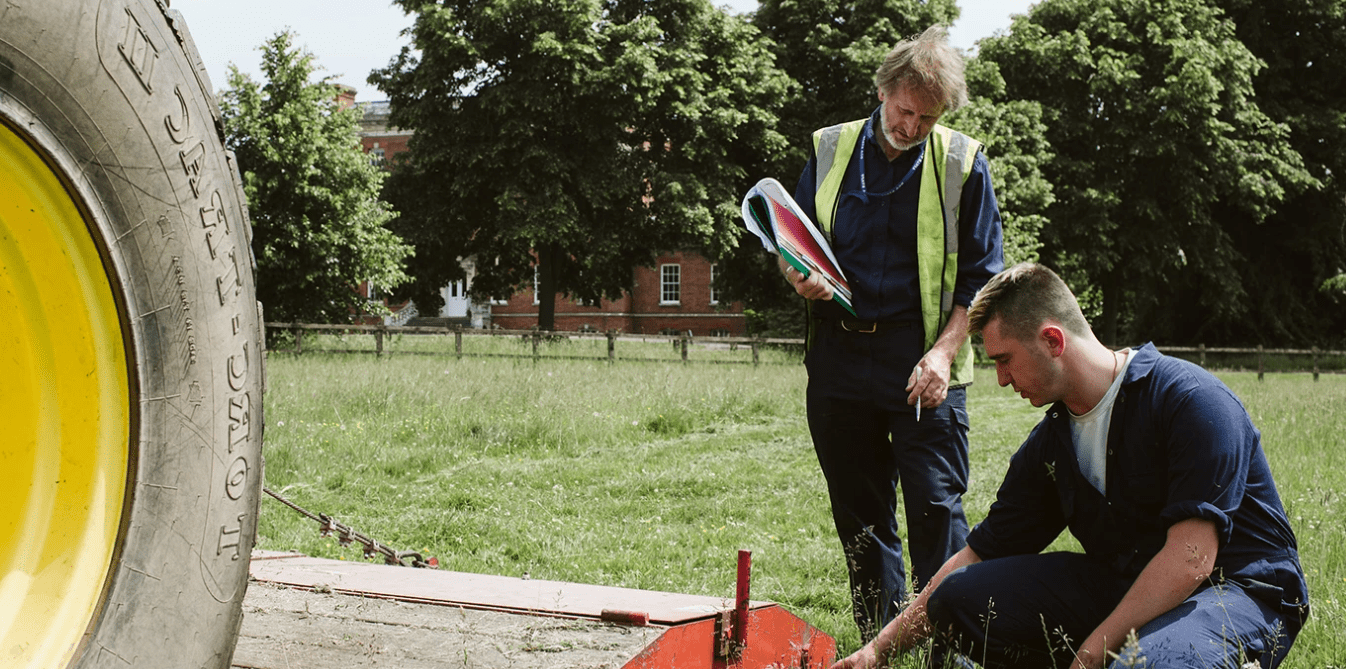afety Orientation:
A disciplined approach to compliance with Health and Safety guidance with a responsible attitude to risk regardless of the level of supervision. Risk adverse attitude to matters concerning the environment, property, personal safety and the safety of others.
Quality Focused:
Follows instructions and guidance, demonstrates attention to detail and applies approved checks throughout work activities to ensure compliance, employs a logical approach to problem solving and seeks opportunities to improve quality speed and efficiency
Communicator:
An open and honest communicator who recognises the need to use appropriate communication methods to express and receive information accurately in a timely positive and respectful manner.
Team Player:
Can work on their own initiative but also interacts and communicates effectively within a team applying a respectful professional manner and considering the implications of their own actions on other people and the business.
Willingness to Learn:
Can reflect on skills, knowledge and behaviours and seek opportunities to develop, adapt to different situations, environments or technologies and have a positive attitude to feedback and advice. Pays attention asks questions when supervisory instructions are not understood and recognises the limitations of personal responsibility



